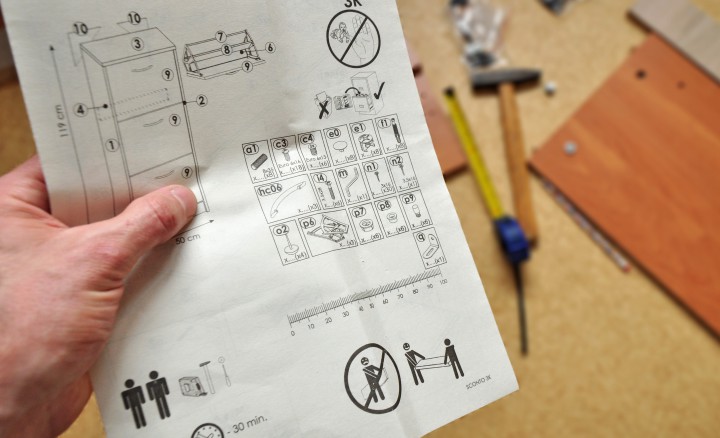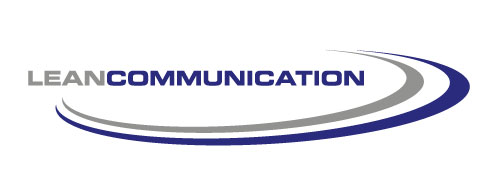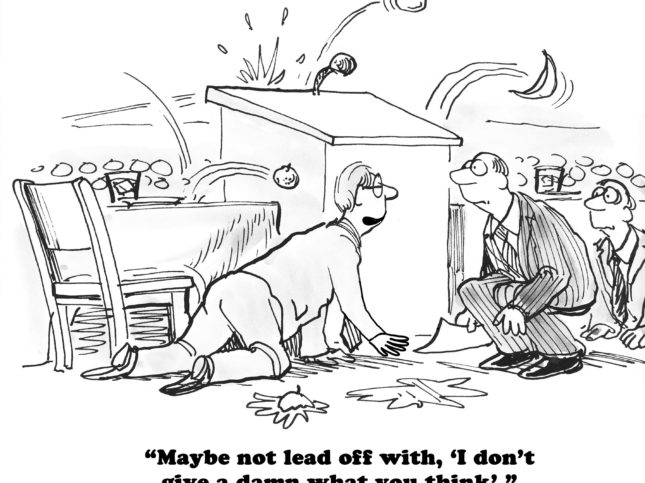Lean Communication Value Test: Who Did the Work?
Many communications are a “data dump” in which the speaker tells everything they know, and the listener has to draw conclusions from all the detail. If you present all the information in your head without analysis or recommendation, you are asking the other person to do your work for you.
When Henry Kissinger became President Nixon’s National Security Adviser in 1969, he brought a reputation as a demanding taskmaster. So, when a staffer was given an assignment to write a position paper for his new boss, he understandably put in extra hours and took great pains to produce top-notch work. A day after he had turned it in, Kissinger called him into his office and asked him, “Is this the best you can do?”
The staffer promised he could improve it, and went back to his desk. He cancelled his other appointments, called his wife to tell her he would be home very late, and worked feverishly on the report: fine-tuning it, adding information, clarifying where necessary, etc. At the end of the week, he turned it in. On Monday morning, Kissinger passed by and contemptuously dropped the report on his desk. In a loud voice, he again asked, “Is this the best you can do?”
Stunned and not a little frustrated, the staffer vowed to do even better, and redoubled his efforts from the previous week, putting even longer hours and finding even better ways to express and support his position. Two days later, convinced that it was as close to perfect as he could get it, he turned it in again. The next day, Kissinger again asked, “Is this really the best you can do?” The young man had had enough, so he looked at Kissinger squarely and said, “Yes, that is the best I can do.”
Kissinger replied, “Good. Now I will read it.”
Kissinger could have read the first draft himself and—with a little thinking—had what he needed to make a decision, but he got more “value” from having his staffer do that work for him. He made the staffer do the work so he would not have to—not because he was lazy, but because he had so many other important things to do with his time. In economics, it’s called comparative advantage—even if you can do something better than someone else, you’re better off paying another person to do it and using your time for higher value activities.
Suppose you go to your executive team to propose a project. You have a ton of information and data that could bear on the decision, and you want them to make an informed decision, so you give them everything you know. At the one extreme, you could give them a data dump of every fact that is in your head, and you know that they will know as much as you do about it, so coupled with their superior vision and judgment, they can make a better decision than you could by yourself.
What value have you added in that case? At least you have collected the relevant data, so that’s a good thing. But they still have to do a lot of the work of interpreting the data, sifting out the critical from the irrelevant, making judgments about the accuracy and truth, and so on.
Thinking is hard work, and it takes time. Especially if you’re communicating upwards, your listeners are perfectly capable of handling the hard work of thinking, but rarely do they have the time to put the required depth of thought into every decision they have to make every day. It’s like buying furniture from Ikea: you save money but then you have to assemble it yourself.
Fox News has a slogan: “We report, you decide.” It’s a nice sentiment for a reporter, but you’re not a reporter. You need to do more than report—you need to at least advocate for a position. Otherwise you run the risk that they will take the facts that you supplied and interpret them in their own way—maybe differently than what you intended.
You can’t make the decision for them, but you can recommend a decision after you’ve done all the hard work. By doing this work for them, you add more value by making it easier and faster for them. Value is defined by the customer, and the amount of work they have to do will affect their perception of value.
Thinking is hard work, even for people who are paid for thinking. Anything you can do to ease this “cognitive strain”, as Daniel Kahneman calls it, will make your message more persuasive and actually more pleasurable to listen to.[1] In another context, Samuel Johnson said: “What is written without effort is read without pleasure.” If you want to maximize your chances of getting through to the other person, keeping their attention, and getting the agreement that will benefit both parties, you have to do the work.
The number one task in lean communication is to ensure you add maximum value, and one way to test for this is to gauge who does most of the work. Do you deliver a finished product, or is some assembly required?
[1] Daniel Kahneman, Thinking, Fast and Slow, pp. 62-67.







[…] is hard work, and we generally avoid doing any more than is absolutely necessary. As with brevity, you work hard so they don’t have to. The harder you make people work to understand what you’re saying, the more of their time you […]